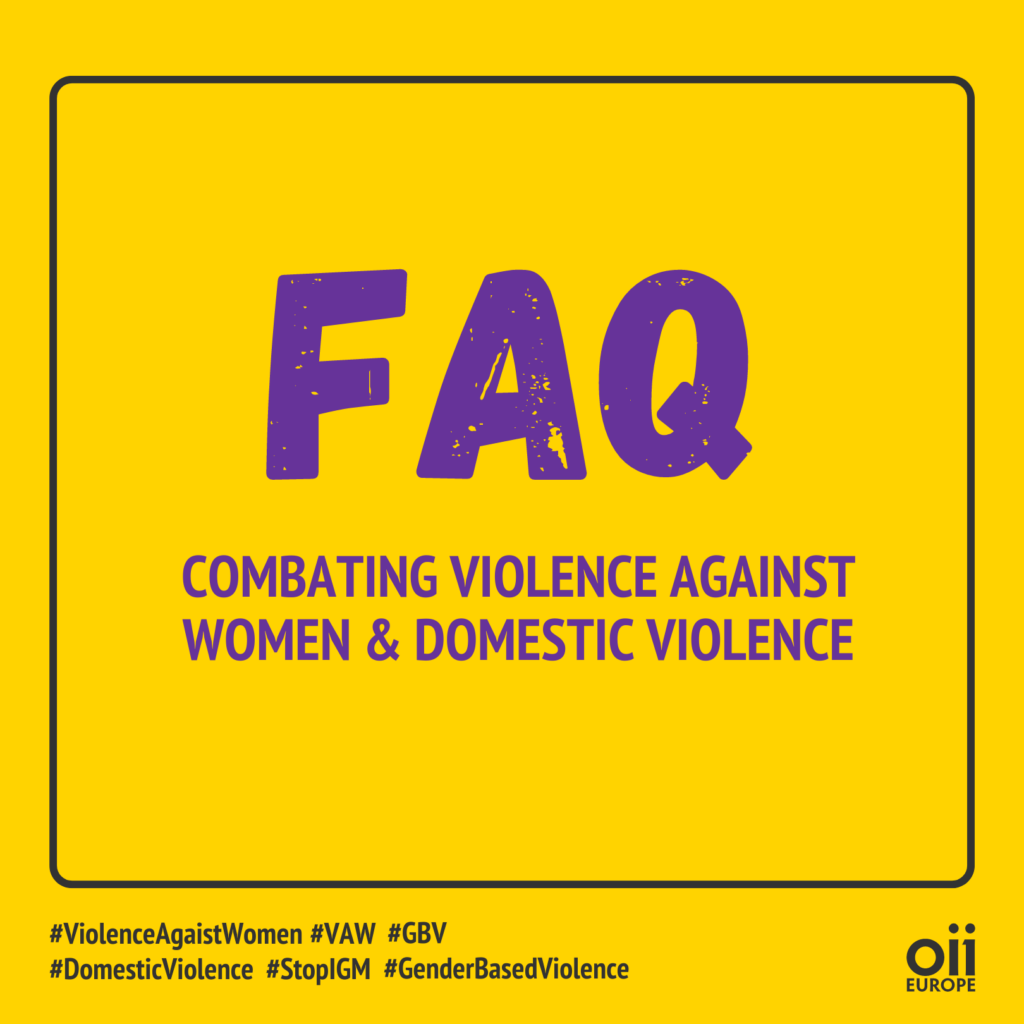On February 6th, the European Parliament and EU Member States finally reached a political agreement on the Directive on combating violence against women and domestic violence. OII Europe has worked relentlessly on behalf of the European intersex community to advocate for a comprehensive text that includes intersex victims of gender-based violence and domestic violence.
We welcome the fact that the Directive – the first binding EU legislation on the matter – advances the protection of women and girls in the EU from some forms of gender-based violence, in particular from cyberviolence, female genital mutilation and forced marriage.
Notably, it is also the first time in history that intersex people are explicitly recognised as victims at a heightened risk of violence due to intersectional discrimination. This is a standard setting moment within the framework of binding EU legislation.
However, it is deeply disappointing to note that the Directive fails to include all victims of gender-based violence within its scope and therefore leaves significant gaps in protection within the EU. OII Europe strongly regrets that the proposal by the European Parliament, to criminalise intersex genital mutilation (IGM) alongside female genital mutilation (FGM), appears to have been deleted by the Council.
We find it worrying that, as a result of lack of political will from some Member States, notably France and Germany, it appears that the final text fails to include a consent-based definition of rape, and that it falls short of explicitly ensuring protection and support for victims at a heightened risk of violence, such as LGBTI victims and undocumented women.
We would like to extend our sincere gratitude to the co-rapporteurs, shadow rapporteurs, and their dedicated teams for their hard work and relentless commitment during the negotiations on this Directive, and particularly for their unwavering position on the inclusion of intersex victims of gender-based violence in this Directive.
OII Europe, alongside other LGBTI-, women’s rights- and human rights organisations will continue to fight for better binding legislation at EU level that ensures protection, support and justice for all victims and survivors of violence, no matter their sexual orientation, gender identity, gender expression or sex characteristics.
Frequently Asked Questions?
Check out our answers to some questions you might have around the VAW and DV directive


